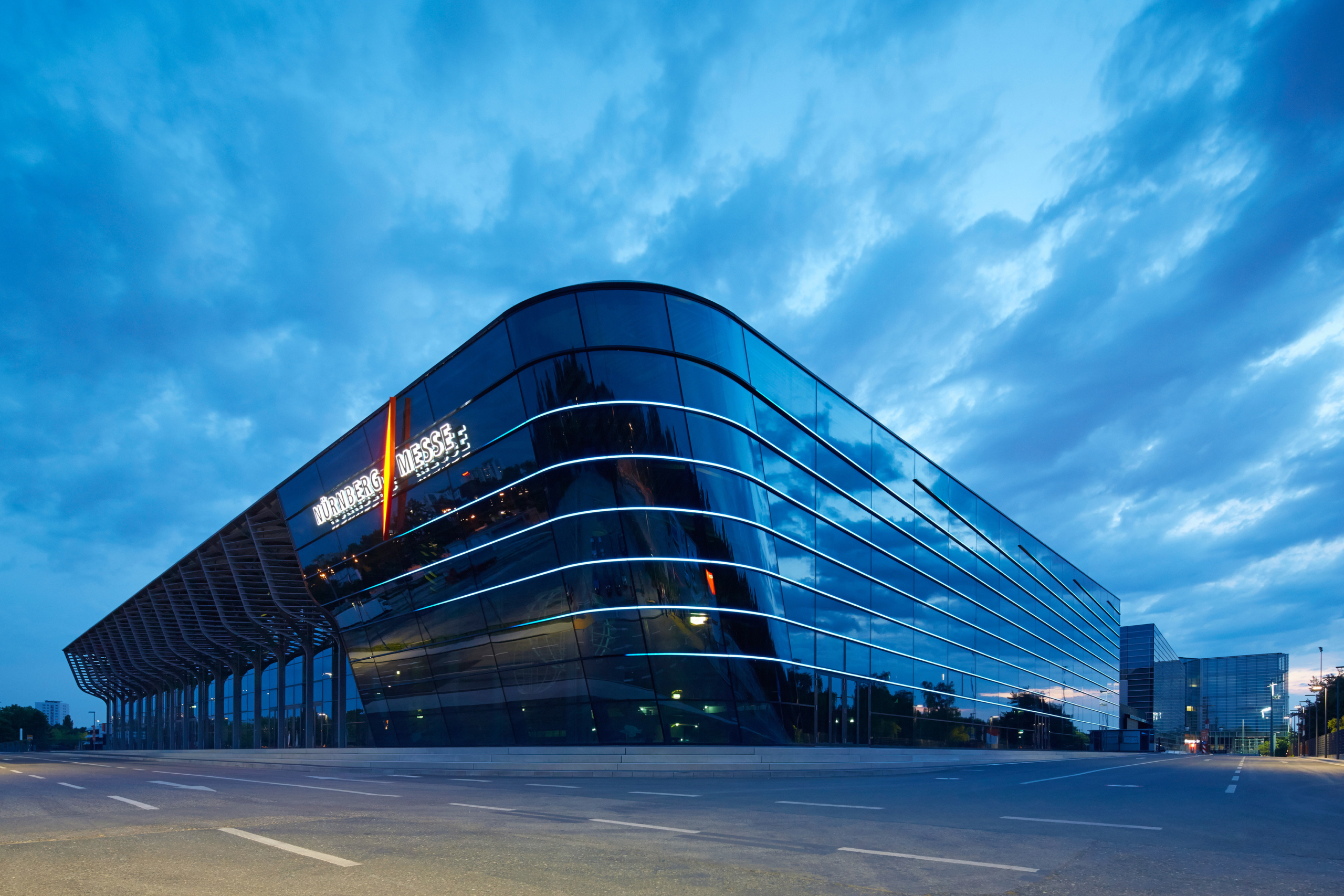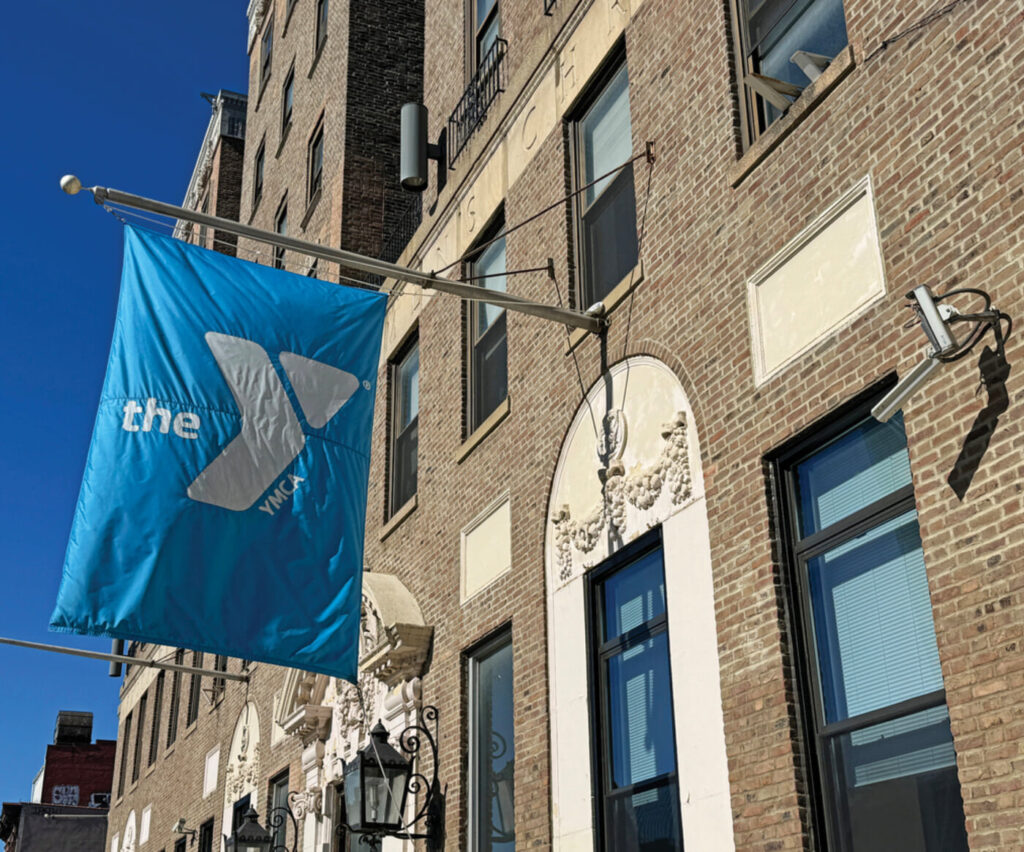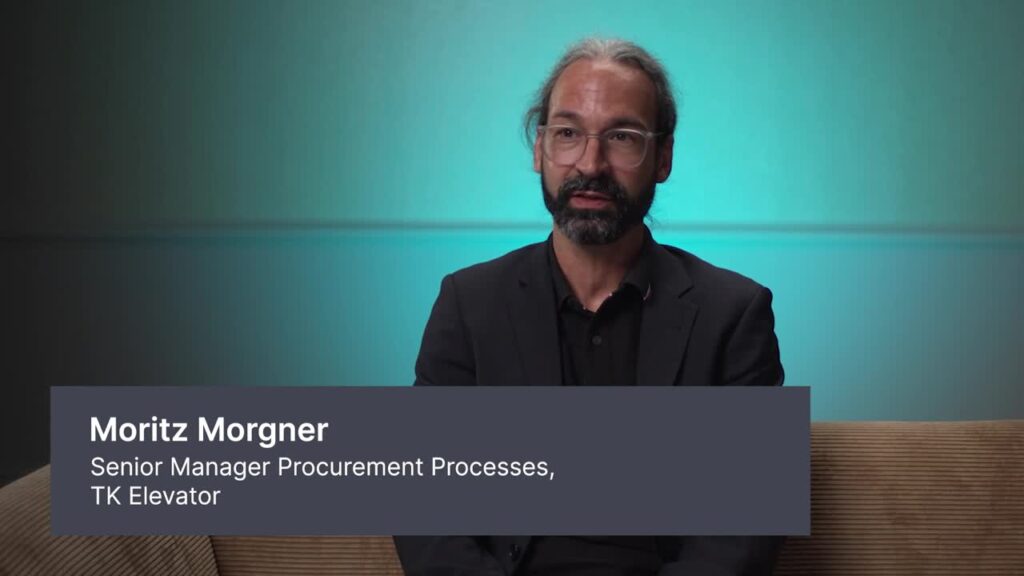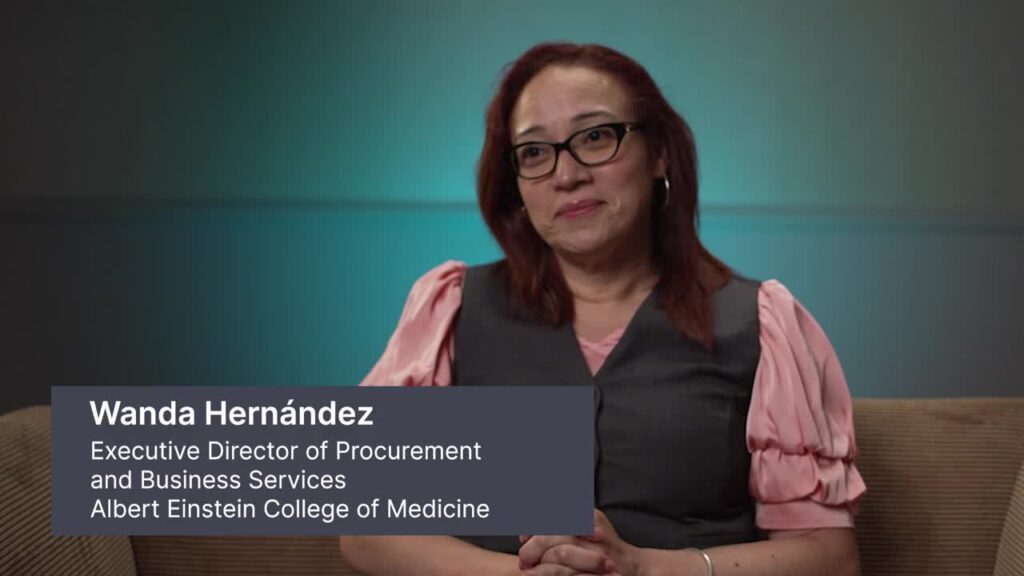Profile
NürnbergMesse is one of the 15 largest exposition companies in the world. The company’s portfolio contains approximately 120 national and international professional expositions and congresses, as well as 40 sponsored company stands in Nuremberg and around the world. Around 30,000 exhibitors (41% of which are international) and up to 1.4 million visitors (24% of professional visitors are international) participate annually in private, partner or guest events organized by the NürnbergMesse Group, that also has subsidiaries in China, North America, Brazil, Italy, and India. In addition, the NürnbergMesse group is part of a network of around 50 agencies that are active in over 100 countries.
The Challenge
Central Purchasing at NürnbergMesse manages 110 million euros of purchase volume and comprises of 14 employees. The department is separated into two teams that distribute the eight primary commodities amongst each other.
The demands cannot be expressed as a list of items as might be the case for serial manufacturers. On the contrary, the demands are unique to each project and are highly individualized. Central Purchasing is still highly involved because the department handles all of the framework contracts, which are negotiated in cooperation with the commodity managers.
Planning, however, is still conducted by the buyers themselves. This was previously a de-centralized and partially non-standardized process which took place outside of the system in use.
The result was that the services used did not always correspond to the purchase order, meaning that the negotiated framework contracts were, in some cases, no longer valid. The lack of transparency made it difficult to optimize procurement costs at NürnbergMesse. Discounts guaranteed by suppliers could not be upheld or used in some instances. Planning and evaluation opportunities were limited, and consistent documentation from the purchase requisition to the invoice was lacking.
Goals Reached with JAGGAER
- Service orders are more transparent and flexible
- Ordering and order processing is automated and standardized
- Fast payment approval with approval workflows
- Business events related to invoicing are documented and archived
- Business processes are fully recorded in a structured way
- Revision safety with compliance to Procurement and signature rules
- Communication with up to 1,800 suppliers is better documented
- Full ERP integration
- Fast, transparent access to spend in categories

The Solution
NürnbergMesse found a perfect partner in JAGGAER. The ability to integrate many processes into a single solution and the multiple ERP capabilities of the solution won the company over. The planned project goal was to optimize the company’s procurement processes, to have a consistent listing of demands, and to expedite the ordering and invoicing processes. The purchase requisitions should not be exchanged between departments via e-mail or in print, as they had been before the start of the project. The payment release process after the receipt of the invoice also needed to be shortened.
Transparency and Auditing
In addition to ensuring the automation and standardization of operational processes, transparency also leads to the documentation and archiving of business transactions related to invoices, which can be searched for and viewed in the system. The consistent and structured logging of business processes provided NürnbergMesse with more evaluation opportunities and a higher level of compliance with auditing standards due to the fact that procurement and signature guidelines are being followed exactly. Decisions are now made only by the person responsible for the commodity.
JAGGAER is now the central procurement system at NürnbergMesse. The primary system is still SAP. The requisitioners in the individual departments are required to use the tool for all procurement purposes. There are internal and external catalogs available for this purpose, and users also have the option to submit a free-text order. The requisitions are sent to the commodity manager using the JAGGAER eProcurement modules, and the commodity manager then determines the next steps; for example, if the service will be included in a catalog or not.
Flexible Services Procurement
The fact that the purchase order does not always correspond to the services that were actually provided is a frequent issue. The specific demands in services procurement are now flexible and supported by the solution. The booking of a service using a purchase requisition and a description of the services required is no longer done on paper but in the system. The status of an order can be viewed in the system at any time. In order to improve transparency and consistency in services procurement, the following steps will be taken: the Sourcing/RFQ module for RFQ management and POL will be integrated so that suppliers will be able to log the services they provided directly in the system.
Continuous Change Management
Before the tool could be implemented, NürnbergMesse had a little bit of homework to do. In the first phase of the project, standardized processes had to be set up that could then be included in a procurement solution in the second project phase. The company received support from the Alengis Consultancy, which offers tried and true methods and concepts for Procurement. Together with the project team, the company conducted workshops to establish ad successfully implement interdepartmental processes and procedures, as well as concepts for the company-wide rollout. A training program was introduced to train over 220 employees. The change management is ongoing. The processes, role concepts and release workflows – including the value limit concept – that were theorized are now being put into practice to be evaluated. The challenge was to get the entire company to participate in the transformation process so that they would embrace these changes in the future. Central Purchasing played an important role in convincing the other departments and getting them onboard.




